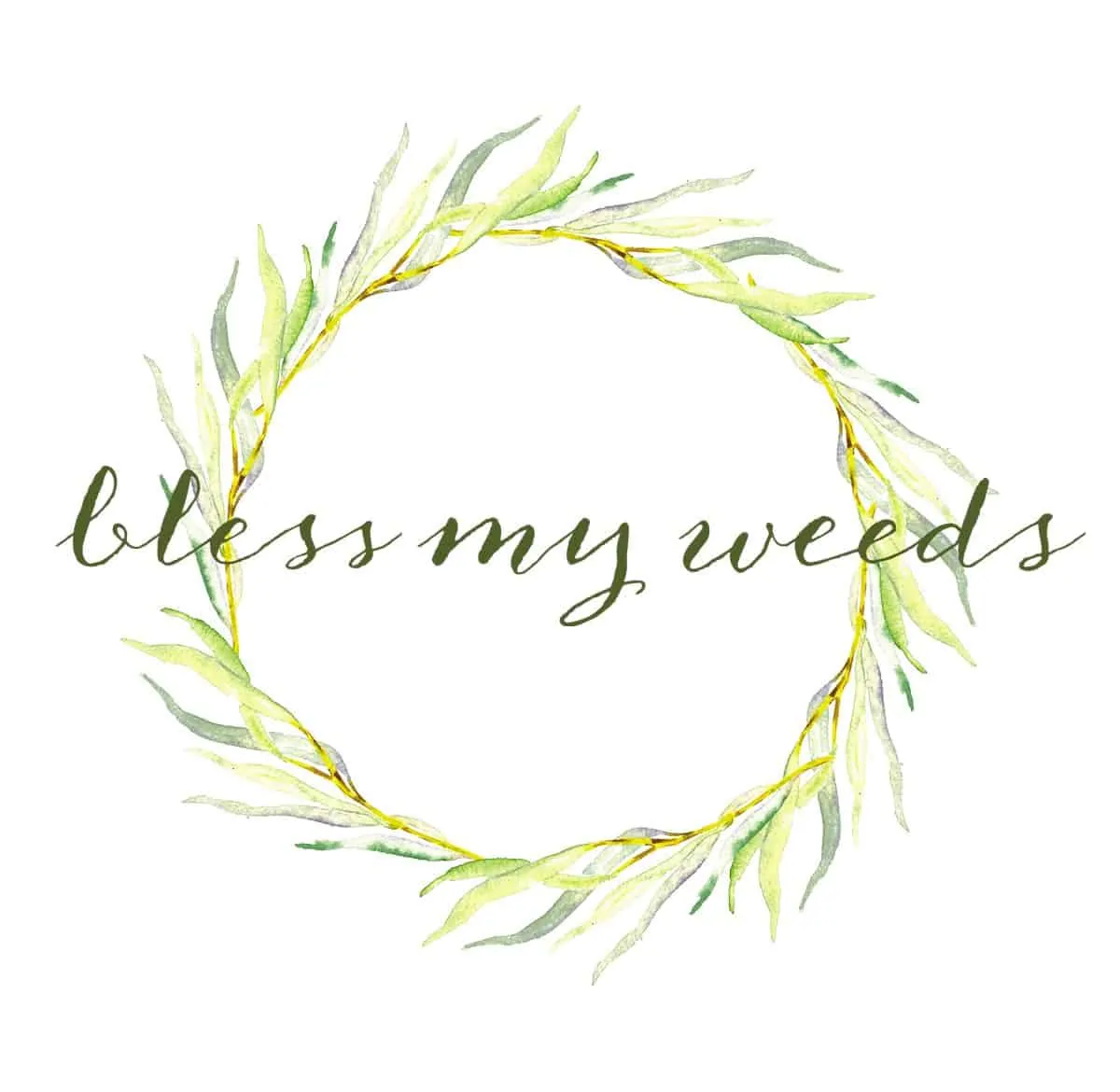
Start out small. Using a container method will help you save space and you can use items you already have to start gardening. An old coffee mug, a basket, and an egg carton are great examples of items you can use to begin planting. You will be able to test sunlight and your specific climate too.

Test your seeds on a wet paper towel to know if they grow. You can do this with your old seeds to make sure they are still good. Too many people throw out their seeds because they think they are too old, when they are actually still good to use.

Try to start out with seeds. Buying a pack of seeds is very cost effective. They are usually under $2 at a hardware store or a nursery. You can even just use a half of a packet at a time.

Find some fruits and vegetables you can plant in your garden that grow soon. Some produce takes a long time to go while other items have a quick turn around. If you plant some that will grow sooner, you can get the fruits and veggies faster and you will end up spending less on groceries.

If your garden supplies endless vegetables or herbs you can freeze them. Most vegetables can be blanched and frozen. Ziplock bags help to keep them from sticking together when they are frozen.

As a beginning gardener on a budget, you should look for gardening equipment at garage sales. Don’t buy gardening tools, supplies and equipment brand new. You can find items usually super cheap and sometimes even free.

Use Styrofoam, packing peanuts, milk jugs or watering jugs at the bottom of the pots so you use less soil. They will fill the space and save you a lot of money.

Make sure you start a compost so that you can make your own nutrients and fertilizer for your garden. This is much cheaper than having to buy some and can be done so easily using scraps you have at home.

Try to recycle and reuse items you already have. You can make a compost bin out of an old fence or a pallet, you can use plastic food containers to start seeds, bricks or lumber can be used to edge your garden beds, and so much more.

Use some self-seeding plants so that you don’t have to buy stuff every year. They will continually grow back so that you don’t have to keep planting them.

Watering your plants is essential but can also raise your water bill significantly. To avoid these extra costs, try buying some drought resistant plants so you don’t have to water them as much.

Use houseplants outside rather than buying expensive annual plants for your summer containers or borders. Spider plants, pathos plants and succulents are common houseplants can be easy to propagate and used outside for your annual garden in containers. Just make sure to let them adjust to being outside for a while by slowly putting them out or leaving them in some shade when you make the transition.


Leave a Reply